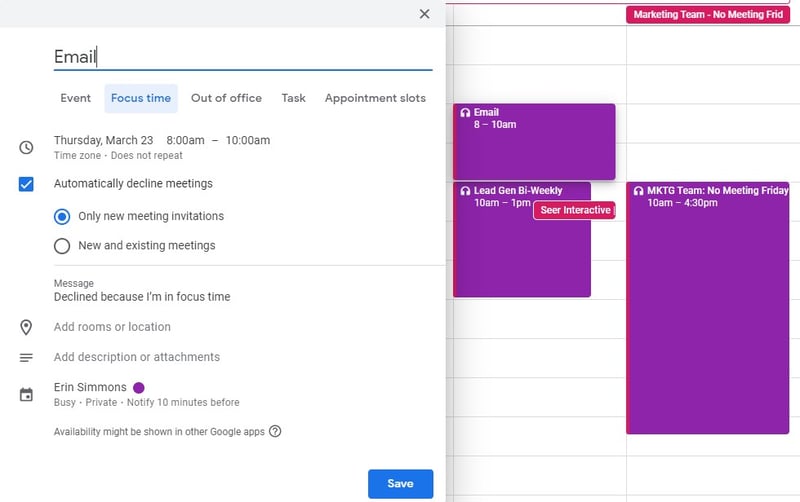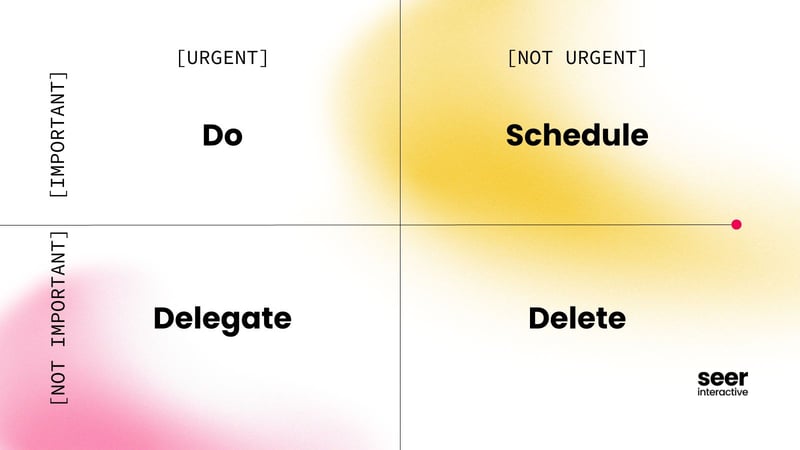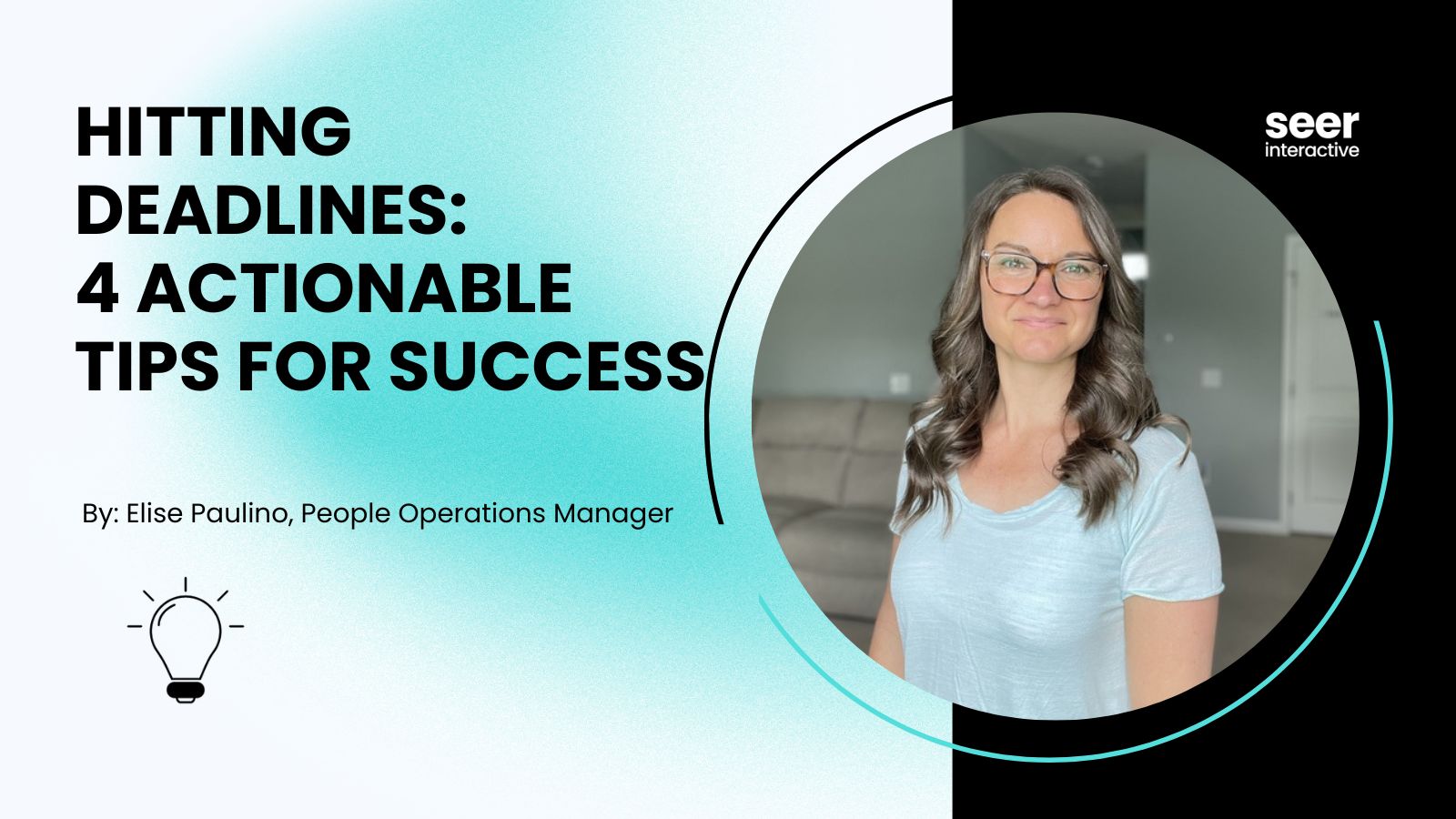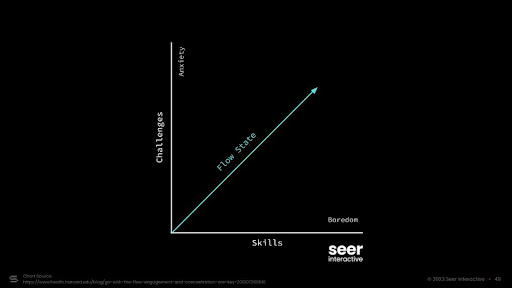We often don’t know what we are going to see in our inbox when we open our laptops in the morning. It could contain an update to a project where the goal posts keep moving, back-and-forth conversation with decision committees who can’t make up their minds, or time-intensive requests that upend your to-do list.
It can feel difficult to release yourself from this pattern, but with a few mindful project management techniques, it is possible to break the cycle of unpredictable work days.
Tips to Bring Calm to Chaos
When it feels like everything around you is chaotic, you have the power as an individual to create change for yourself and for others. Here are some tips to start to gain control:
If you're predictable, others will be too
If you start your day with the best of intentions to chip away at dependencies on a project, but you open your email to a flurry of urgent, unrelated requests, it can feel like a whole day is lost already.
To navigate this, you can consistently set expectations with your teammates to build a precedent of predictability.
Begin each day with a message to your teams on the day's priorities
This type of messaging is an opportunity to:
- Call in team members that owe you materials
- Review to continue project progress
In an agile environment, this is known as a daily scrum, and it’s possible for any team to adopt.
[TIP] Great for team's without a project manager
If your team is absent a project manager, this is a great way to get other team members in the habit of:
- Sharing their own progress and roadblocks
- Building a sense of camaraderie
- Being more cognizant of your and your other team member's time
Dedicate focus time
An amazing, well documented habit known as time-boxing is highly effective at gaining control of your day.
At Seer, many of our team members utilize the Focus Time feature on Google Calendar to map out their days. This has created a culture where we respect each other's heads down time as much as possible, and make sure to ask our team members if a meeting must be scheduled over their dedicated time.

When you begin to clearly communicate your priorities to your team member as detailed as the daily stand-ups I mentioned above, follow this through with dedicating the time on your calendar. You can pair this focus time with a do not disturb status on Slack, Google Meet, or Teams to cut back on the notifications you receive in this time.
Combining your new project communication habit with time boxing is a technique known as habit stacking, outlined beautifully in the bestseller Atomic Habits.
Now, you have two building blocks laid down in your foundation of building order and predictability.
Identify survival mode, and build upon it
Perhaps you’re reading this post so far, and you’re thinking, this is pretty basic, I already do these things and every day still feels chaotic. The truth is, project management is built on very basic principles, but it is so easy to forget them the moment something changes. This often leads to being reactive rather than proactive as a result.
If you are already a proactive communicator who dedicates focus time, but still struggles to stay afloat in the day, try taking a look at your to-do list through the lens of the Eisenhower Matrix. This powerful technique helps you to differentiate urgent vs important tasks.

- Do First: Mission critical items that must be done today (urgent)
- Schedule: Important project milestones at risk of being delayed in the current week or sooner (important)
- Delegate: Tasks that must be done, but lesser importance than “do first” - perhaps to be taken up by a teammate (important, less urgent)
- Don’t do: If it is neither urgent, nor important(perhaps a wishlist item) take it out of your cognitive load entirely until a quieter time.
Want more posts like this? Subscribe to the Seer Newsletter:



